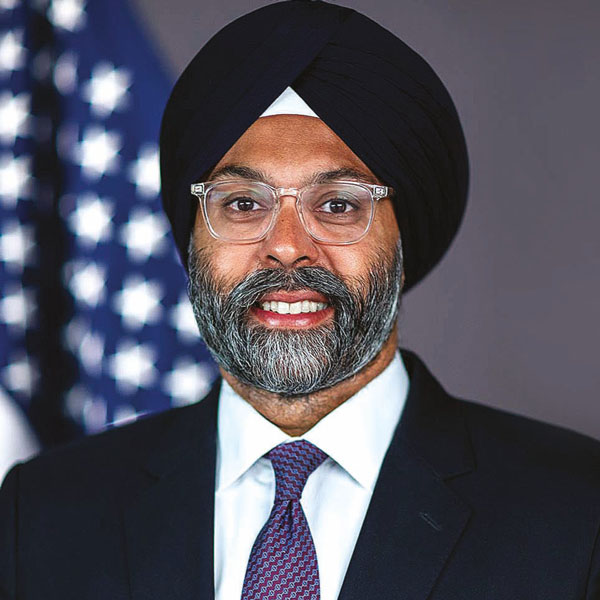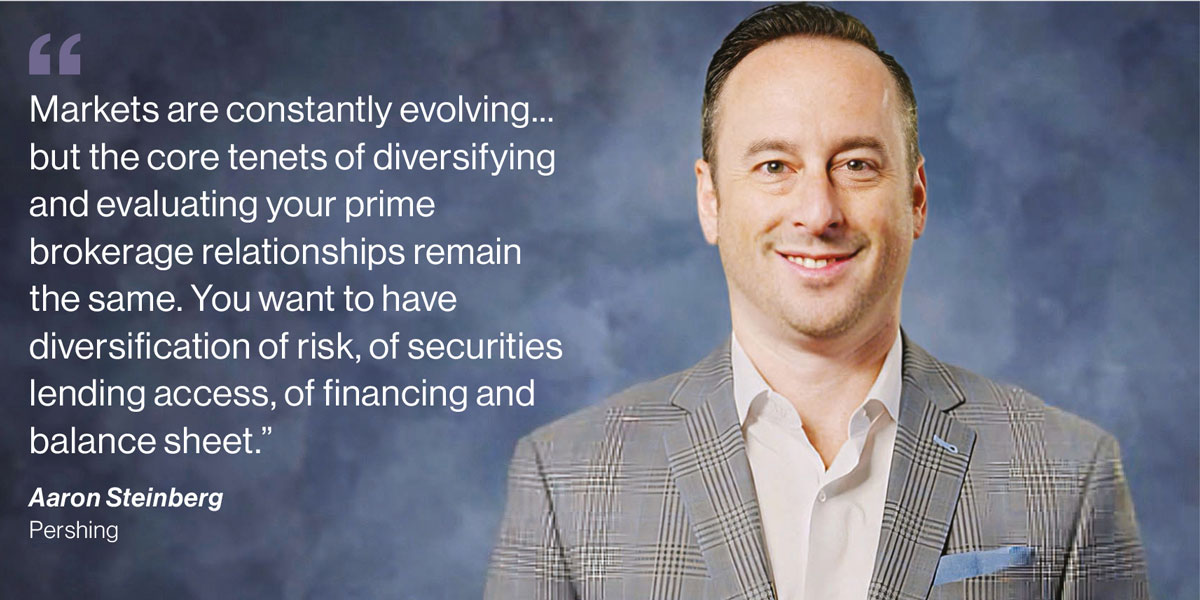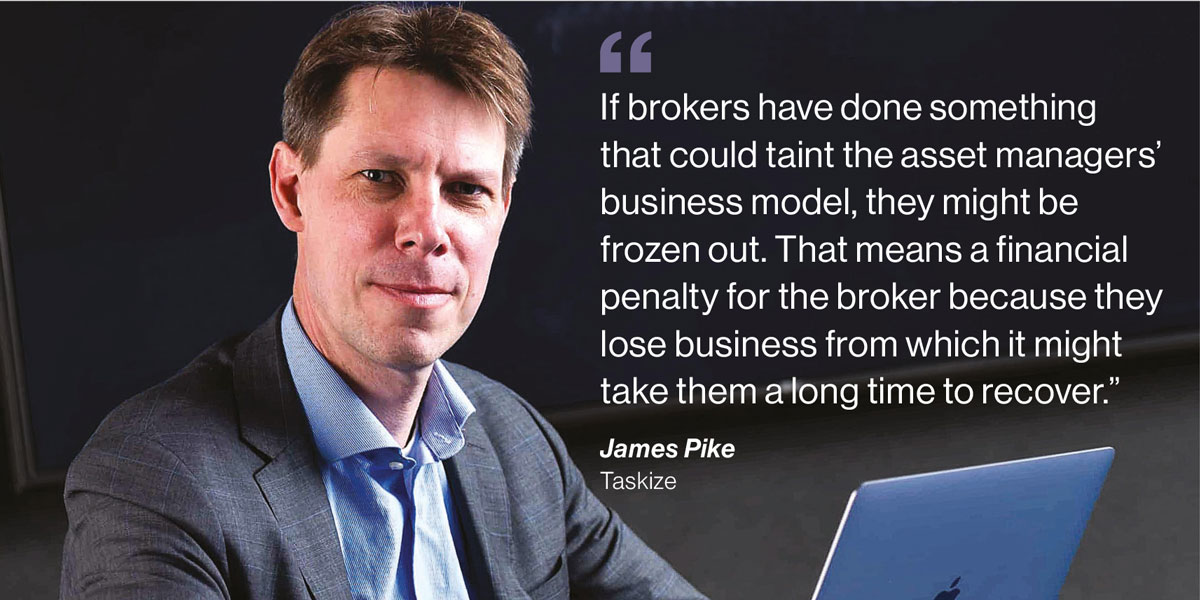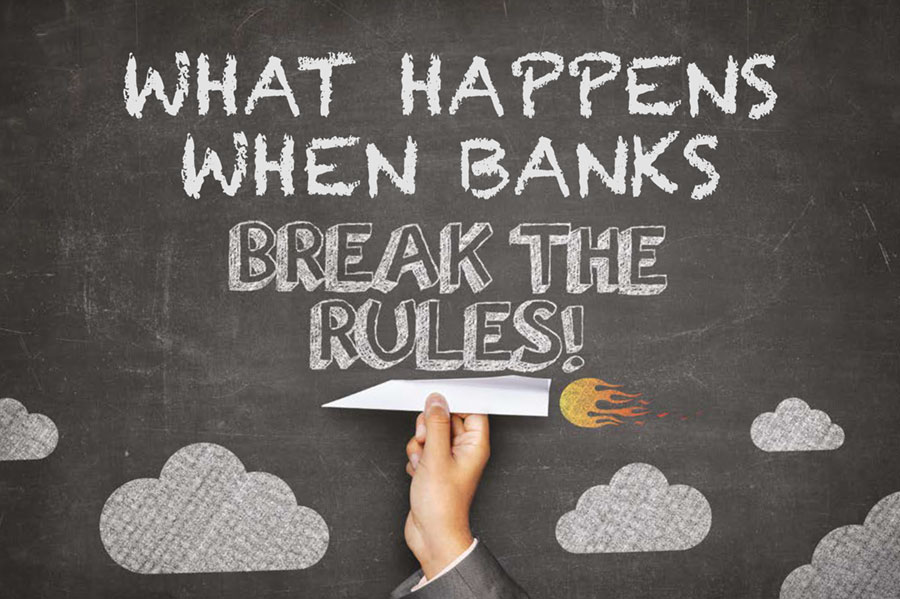 With numerous high-profile regulatory penalties recently imposed on bulge bracket banks for market misconduct, Gill Wadsworth asks – how does the buy side respond to concerns over wrongdoing, and what are the consequences when counterparties break the rules?
With numerous high-profile regulatory penalties recently imposed on bulge bracket banks for market misconduct, Gill Wadsworth asks – how does the buy side respond to concerns over wrongdoing, and what are the consequences when counterparties break the rules?
Under surveillance
It has been a difficult quarter for some of the biggest names in investment banking, with the US regulators handing out millions of dollars in fines for illegally leaking information and failure to adequately identify market misconduct.
In March 2024 JPMorgan Chase & Co received a US$348.2m penalty from the Federal Reserve and the Office of the Comptroller of the Currency for deficiencies in its trade surveillance programme which ‘constitute unsafe or unsound banking practices’. Misconduct has not yet been reported, with the Fed demanding the bank investigate further and report on its own analysis.
In January, Morgan Stanley was hit with a US$249m fine from the Securities and Exchange Commission (SEC) for a multi-year fraud involving the disclosure of confidential information about the sale of large quantities of stock known as block trades.

The leaks allegedly generated over a hundred million dollars in illicit profits for the bank and – according to Gurbir Grewal, director of the SEC’s Division of Enforcement – “eroded investor confidence and undermined market integrity”.
This negative impact from leaking information around a block trade ahead of time hits both the seller and other market participants, and the beneficiary is the receiver of the information.
A head of trading, speaking anonymously to Global Trading, says: “Receiving this information would give [the receiver] more time to analyse the risks and understand the pricing, so they can potentially participate larger or smaller, given their analysis. They do have a window of time and a head start. It’ll hurt both the client that’s got the block trade and the other participants who are trying to take trade down.”
Grewal says the SEC is committed to “holding wrongdoers accountable, no matter how complicated the fraud or sophisticated the perpetrators”. But given regulatory intervention only comes once the damage has been done, the buyside may need to review the processes they have in place to protect against misconduct in the first place.
Aaron Steinberg, head of prime services, sales and capital introductions for BNY Mellon’s Pershing, says it is best practice to continuously evaluate counterparties and work with several brokers to avoid exposure to a single party.

“Markets are constantly evolving. Think of the changes in the market over the past few years — from rising interest rates and inflation to geopolitical issues and regulatory changes. It’s a lot, but the core tenets of diversifying and evaluating your prime brokerage relationships remain the same. You want to have diversification of risk, of securities lending access, of financing and balance sheet,” Steinberg says.
Keeping honest
Asset managers typically benchmark their brokers either internally, or through independent assessments from third parties that look at, among other things, asset safety, trading and exaction and client service.
James Pike, interim CEO at Taskize, a fintech focused on improving trading workflows, says: “Asset managers conduct – to varying degrees and complexity – quarterly benchmark exercises, looking at settlements, corporate actions, how quickly you execute trades, how quickly you settle trades. They use that data to give a ranking based on how brokers do in each of the subcategories.”
Most asset managers are unwilling to talk about their risk mitigation and trade surveillance processes, at least on the record.
However, one asset manager, speaking anonymously, concedes that it is extremely challenging to identify a dealer who has traded against the buy-side desk – or had passed information onto others who would do so.
“Whether you could you see a firm trading ahead of you on a block via the TCA report would depend on the size of the firm doing it and the discount on the trade,” they say. “The most any asset manager would do in response would be to just cut the broker off – tell them they’re in the sin bin for a number of weeks or even months.”

Pike says there are anecdotal examples where asset managers have refused to work with brokers operating in ways that could cause reputational damage to their operation.
“If brokers have done something that could taint the asset managers’ business model, they might be frozen out. That means a financial penalty for the broker because they lose business from which it might take them a long time to recover.”
Pre-empting misconduct
To avoid frontrunning, asset managers can use pre-trade analytics tools to assess the potential market impact of their orders before execution. By analysing liquidity conditions, market depth, and price dynamics, asset managers can identify situations where front-running may be more likely to occur and take appropriate precautions.
But even these sophisticated tools struggle to pre-empt misconduct.
Pike says: “It’s quite hard sometimes to predict when a firm is doing something bad. How do you look down the pipe and see something that’s nefarious?”
Plausible deniability over the reason for activity can make prosecutions untenable.
“If it’s non-public information and the recipient of that information is trading on it, that’s technically insider trading. It all depends on how it gets classified,” noted one trader. “However, if it’s just the inefficiencies of the salesperson calling the counterparties and building the book, claiming, ‘I called two counterparties then I went to lunch’ that might not be considered inside information, just the slow process of data coming to the market.”
Pike says the surveillance market is evolving, with the possibility of a single platform that holds all exceptions data, making it easier to identify who is at fault when something goes wrong.
“Our tool can be used to manage exceptions and ultimately supervise exceptions, particularly with regard to what’s happening between the asset manager and the custodian, but also them and the broker dealer,” Pike says. “We could be used as a platform for all the benchmarking exercises which would give all parties the same data set making it unequivocal in terms of whose fault [wrongdoing] was. Now it’s all done over email, so it’s quite hard to work out what the root cause was.”
But even where asset managers do identify frontrunning, the complexity and depth of their relationships with the sell-side may prevent them from acting.
One portfolio manager says there are several reasons legal action around trading infractions might be avoided.
“Firstly, it could run into higher priorities or conflicts. One example might be that the asset manager could be running billions of dollars in assets under management for the bank in question. Another could be that the bank has discretion over access to securities of its corporate clients and this could impact investment capabilities. Hurting the relationship at a higher level than the trading desk could damage these sources of revenue generation.”
And there is also the question of the efficacy of using fines to punish institutions with deep pockets and that make large profits from illegal activity.
The SEC says it does not comment on “active rulemaking”, while JPMorgan declined to comment, and Morgan Stanley did not respond to requests for interview.
However, a surveillance company employee, who asks to remain anonymous, says: “When you think about how much [the banks] make from this type of behaviour, then what difference does a few million dollars in fines make?”
Portfolio managers also query the power of financial penalties as a suitable deterrent, with one suggesting that only custodial sentences will bring misconduct to an end.
One observes: “If no-one was put in jail over the global financial crisis, would anyone get put in jail for this?”
That being said, the general consensus appears to be that “things were much worse before” and, despite the fines seen recently, the ‘Wild West’ element has largely been removed.
Steps such as the introduction of the Senior Managers & Certification Regime (SMCR) in the UK and equivalent regulatory developments in other markets have led to a higher degree of individual accountability (you really can get put in jail these days), while the rapid growth of data has increased transparency and made it harder to hide misconduct.
And finally, concluded one market participant, with tongue perhaps slightly in cheek: “Bank bonuses just aren’t big enough anymore to make bad behaviour worth it.”
©Markets Media Europe 2024
 With numerous high-profile regulatory penalties recently imposed on bulge bracket banks for market misconduct, Gill Wadsworth asks – how does the buy side respond to concerns over wrongdoing, and what are the consequences when counterparties break the rules?
With numerous high-profile regulatory penalties recently imposed on bulge bracket banks for market misconduct, Gill Wadsworth asks – how does the buy side respond to concerns over wrongdoing, and what are the consequences when counterparties break the rules?